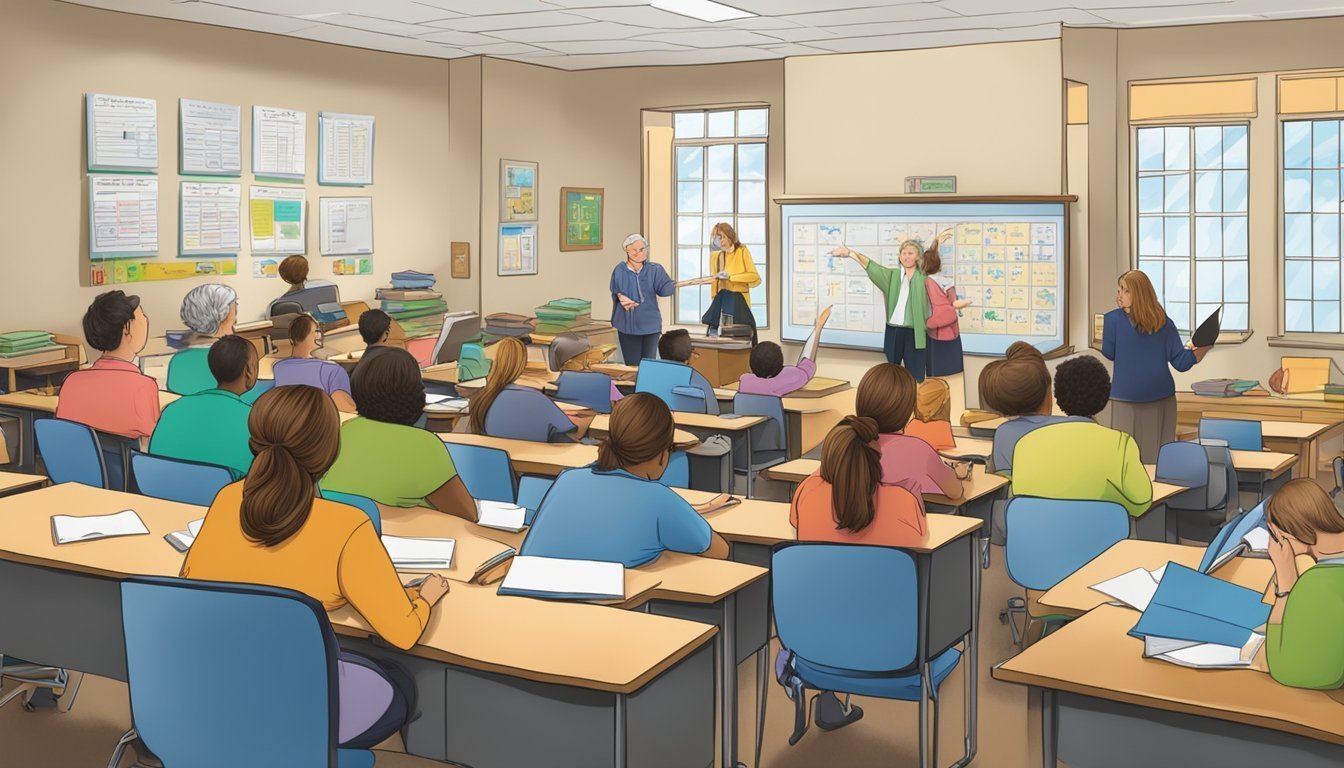A new legislative initiative is on the table that aims to streamline the process for teachers in North Dakota to secure a lifetime teaching license.
While the measure has supporters, a state licensing authority has raised concerns about the need for ongoing professional development in education.
Details of the Proposed Bill
On Tuesday, the House Education Committee held a public hearing to analyze House Bill 1238, which proposes cutting the years of service required for a lifetime license from 30 down to 20.
The bill also requires that teachers with lifetime licenses submit a self-report to the North Dakota Education Standards and Practices Board every five years.
This report would include any criminal incidents or conditions that might put their license at risk.
Support and Concerns
Representative Zac Ista, a Democrat from Grand Forks and the bill’s primary sponsor, believes that reducing the threshold to 20 years would help ease financial constraints on educators and improve retention rates.
He estimated that teachers could save around $1,000 by eliminating two cycles of license renewal, thus alleviating the pressure of pursuing additional college-level continuing education credits.
Despite these points, the North Dakota Education Standards and Practices Board has voiced opposition to the bill.
Executive Director Rebecca Pitkin expressed her concerns during the hearing, arguing that easing the ongoing education requirements runs contrary to efforts aimed at enhancing the teaching profession.
She emphasized that the obligation to earn six re-education college credits every five years shouldn’t drive seasoned educators away from their careers.
Moreover, she highlighted how many of these credits can be obtained at little to no expense through local district initiatives.
Response from Educators
Support for the bill has surfaced from North Dakota United, an organization representing educators and public workers.
President Nick Archuleta pointed out that this legislation could significantly address the ongoing teacher shortage crisis within the state.
He strongly advocated for strategies that not only recruit and retain teachers but also foster respect for the profession as vital components for long-term educational improvement.
Archuleta acknowledged recent state efforts to support new teachers, such as allowing student teachers to serve as teachers-of-record through pre-service teaching authorizations.
However, he raised alarms about the lack of focus on the needs and contributions of veteran educators.
He called on lawmakers to recognize and value the dedication of teachers in North Dakota.
After the public hearing concluded, the committee refrained from making any immediate decisions on the bill.
It’s important to note that a similar proposal aimed at reducing the licensing timeframe met with failure in the Senate during the 2023 legislative session.
Source: The74million


